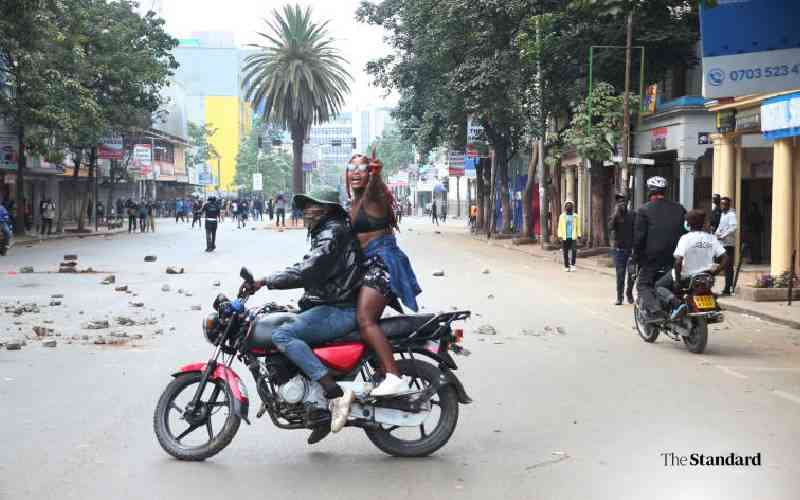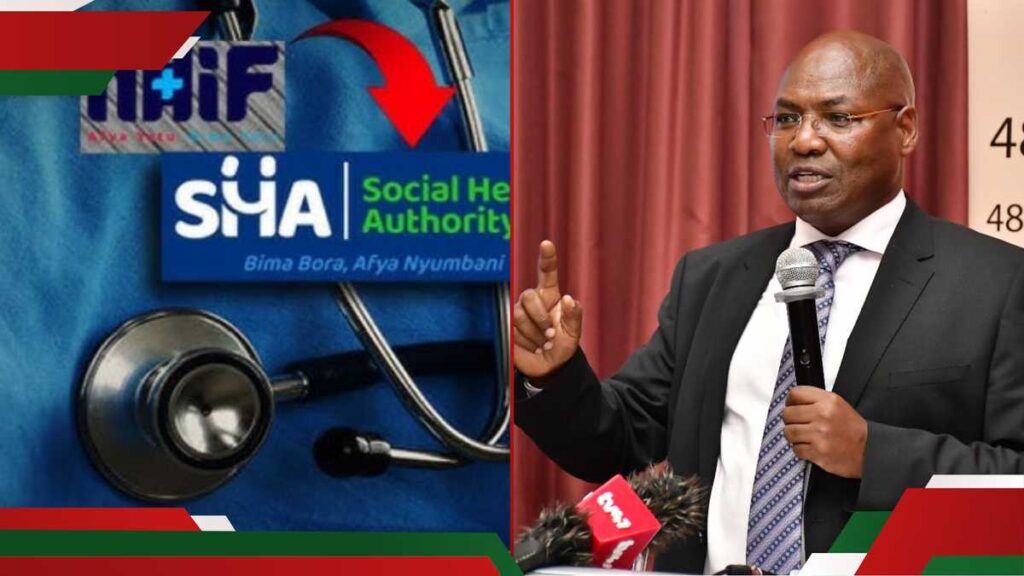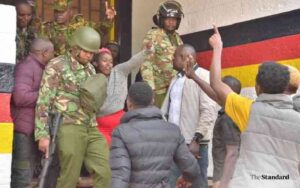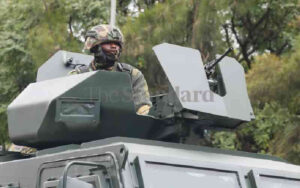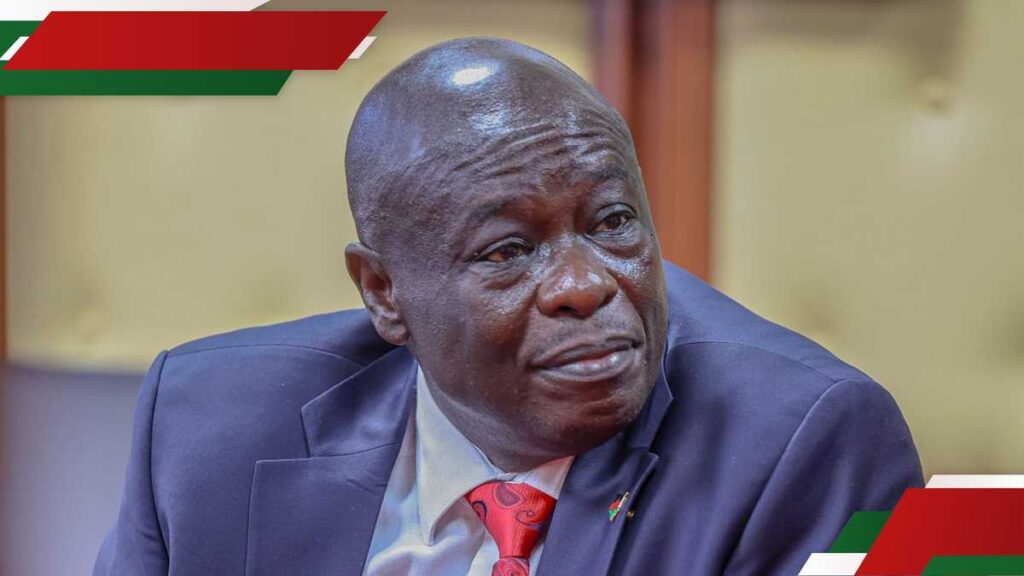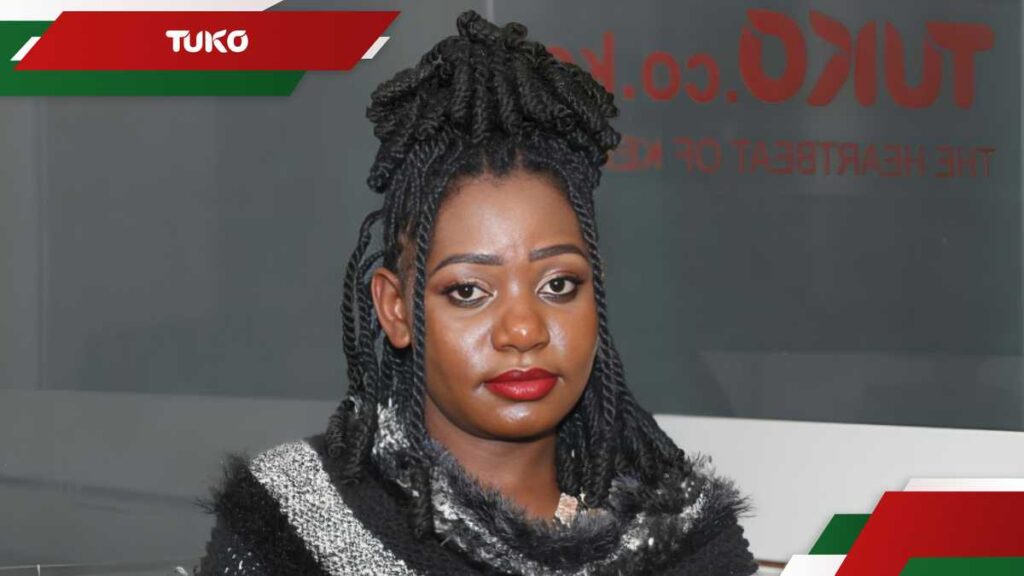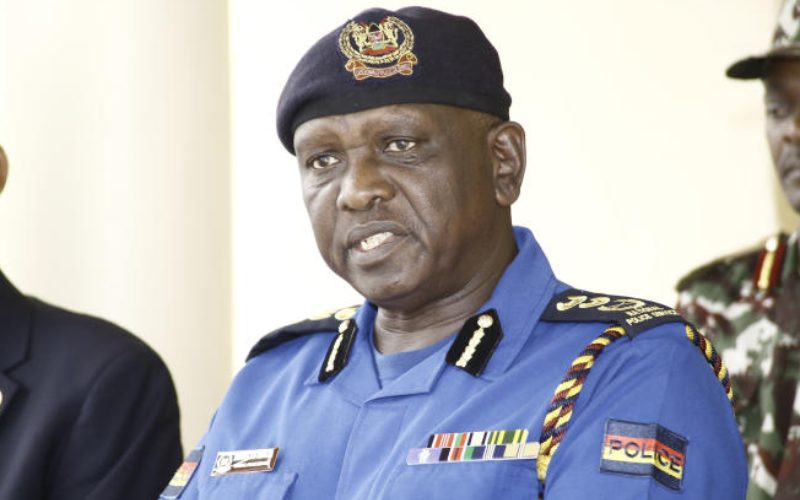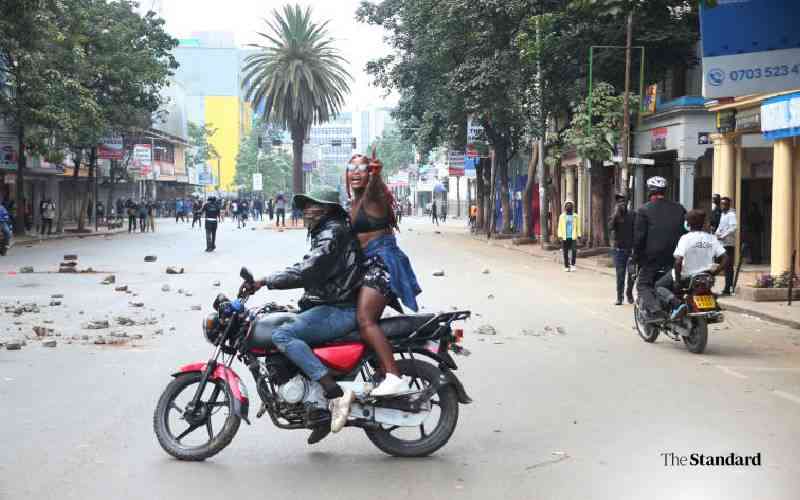Many businesses and schools, particularly in Nairobi and other urban areas, are expected to be disrupted tomorrow.
Some schools have already issued notices to parents, stating that classes will be suspended due to concerns over violence, road blockades, and insecurity.
This follows calls by civil society organizations and protest groups to take to the streets on July 7, a day commemorating the 1990 pro-democracy protests.
As of Saturday afternoon, the Ministry of Education had not issued an official statement on whether learning will continue tomorrow. Education stakeholders note that this silence leaves decisions to school heads, many of whom are prioritizing caution.
Kenya Primary Schools Heads Association chairperson Fuad Ali urged school heads to prioritize safety.
“If security cannot be guaranteed, schools should suspend operations for the day,” Fuad said.
In Nairobi, several day schools have confirmed they will remain closed on Monday. A parent at Moi Avenue Primary School in Nairobi’s Central Business District received a text message instructing them not to send their children to school on Monday.
School heads cited concerns over transport disruptions, exposure of children to chaotic scenes, and staff inability to safely report to work.
“We are concerned about the safety of our learners and teachers. We do not want to take chances. Please keep your child at home on Monday and await further communication,” read one school’s notice.
Another school’s message stated:
“Due to the anticipated protests on Monday, 7/7/25, learners should remain at home and report back on Tuesday, 8/7/25, at the usual time. Thank you.”
Kenya Private Schools Association chairman Charles Ochome said transport paralysis, especially in the morning when demonstrations are expected to begin, is a major concern for school administrators.
The National Police Service has not yet issued any advisory on roads that may be closed during the protests. In previous protests, police barricaded major roads in Nairobi’s CBD.
“With roads likely blocked or slowed by protesters and law enforcement, many learners, especially those who commute, may not reach school or return home safely,” Ochome said.
Stay informed. Subscribe to our newsletter
While day schools are most affected, some boarding schools also anticipate disruptions. Teachers living outside school compounds may struggle to access workplaces, raising concerns about supervision and lesson delivery.
“If roads are unsafe or public transport is unavailable, they cannot report to work,” said a deputy principal of a Nairobi County boarding school.
Nairobi traders are calling on the government to ensure the security of their businesses tomorrow.
James Mwaura and John Kirima expressed concerns about potential looting, as they reinforced their shops with steel doors and windows.
This follows losses from last week’s protests, where some businesses lost millions of shillings in damages due to looting and vandalism.
“We urge the government to prevent goons from exploiting the Saba Saba protests to loot our shops. Some of us are still recovering from the recent Gen-Z protests where we lost all our stock,” said Mwaura.
He claimed to have lost Sh1 million in stock at his electronics shop near OTC, and has spent over Sh80,000 reinforcing it.
Kirima, a watch dealer, called for government funding to help restock businesses affected by recent protests.
“We were heavily impacted and are spending a lot on repairs and reinforcement. We request government support to restock,” Kirima said.
Matatu operators fear grounding their fleets if unrest erupts, further complicating access to schools.The Motorists Association of Kenya urged the government and police to uphold the constitutional right to protest under Article 37 during the July 7 demonstrations.
“What we witnessed on June 25 was a disgrace. Peaceful protests were violently disrupted. Instead of protecting life and property, the police became the threat,” the association stated.
It condemned road blockages and transport disruptions that left Kenyans stranded and demanded clear protocols to ensure security and normalcy during protests.
Historically, Saba Saba commemorations have been symbolic and non-disruptive, but recent protest fatalities have added uncertainty to this year’s events.
Additional reporting by Claire Ochieng’








